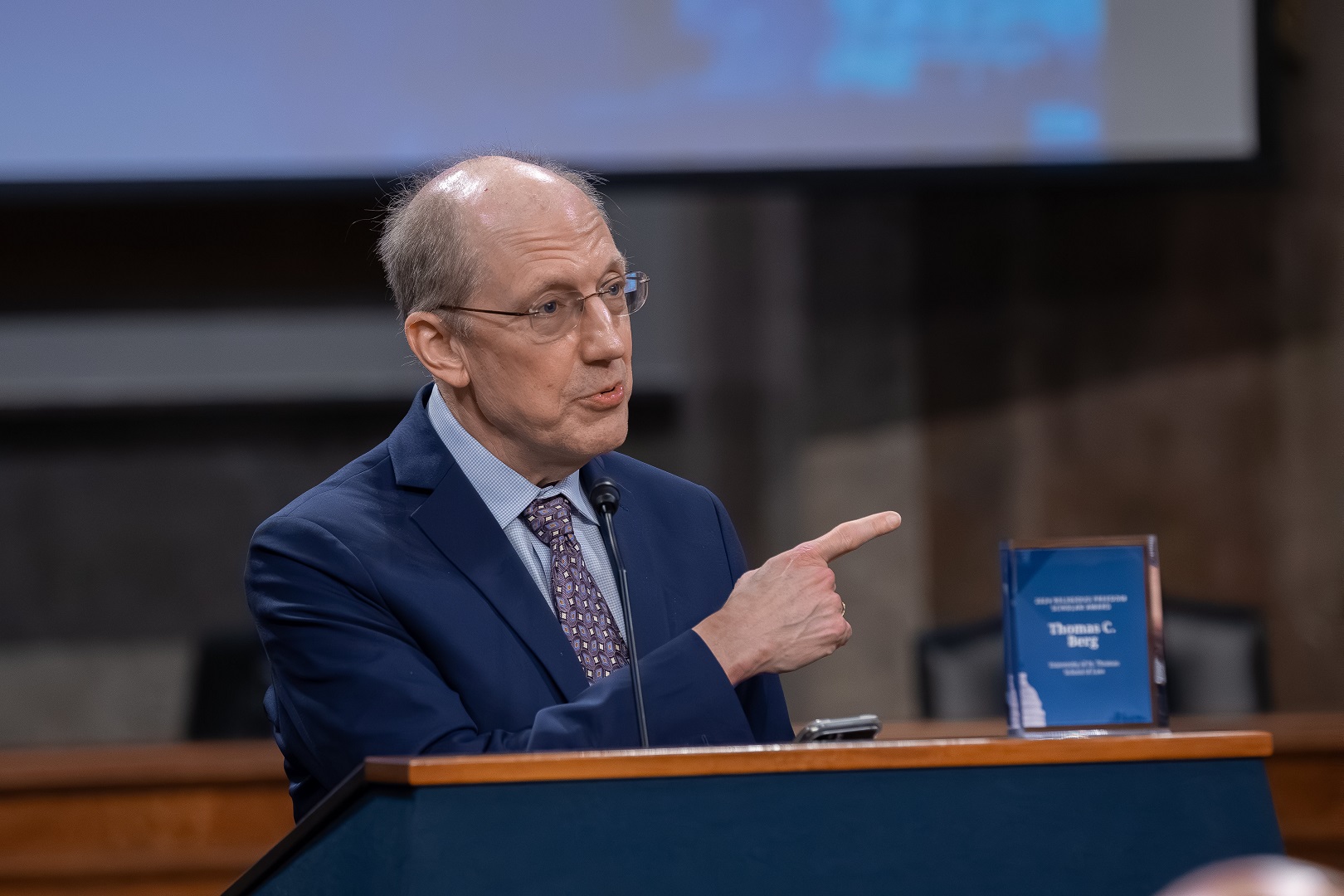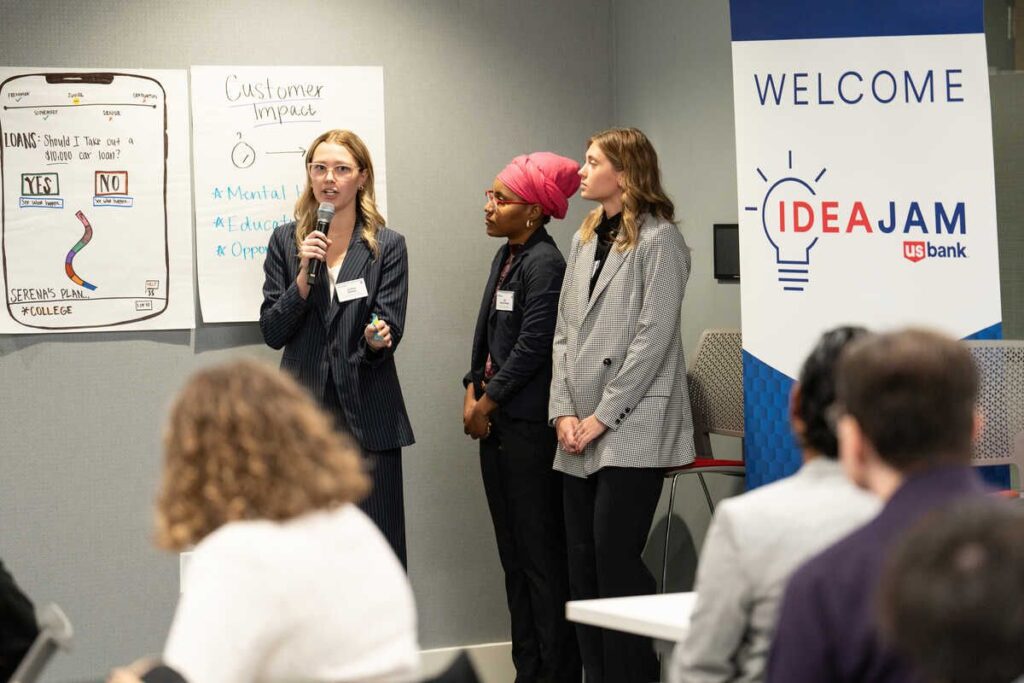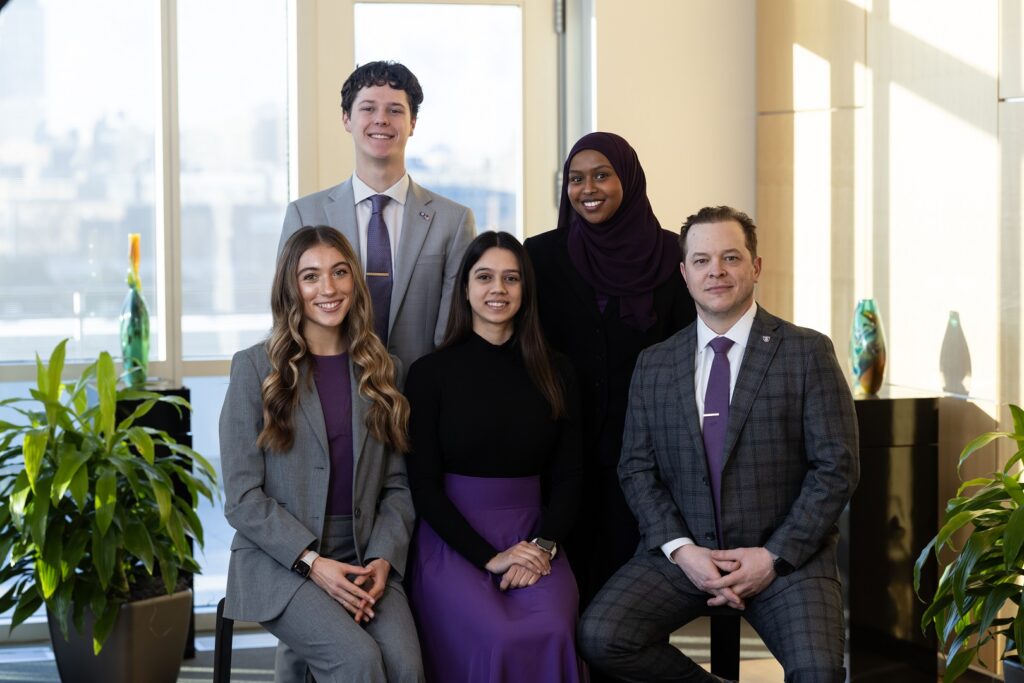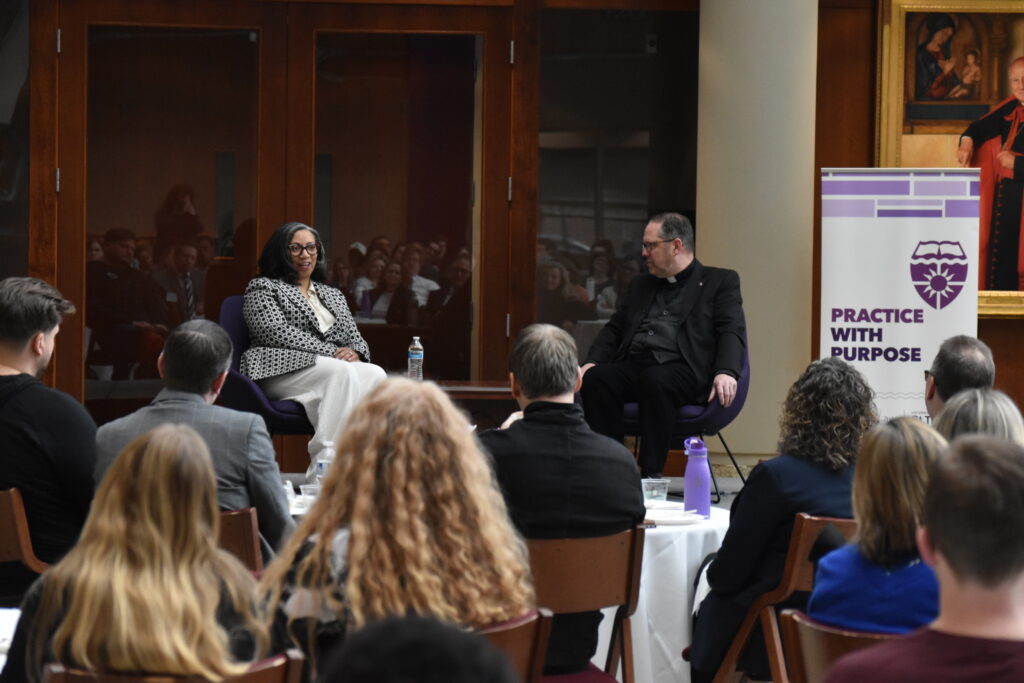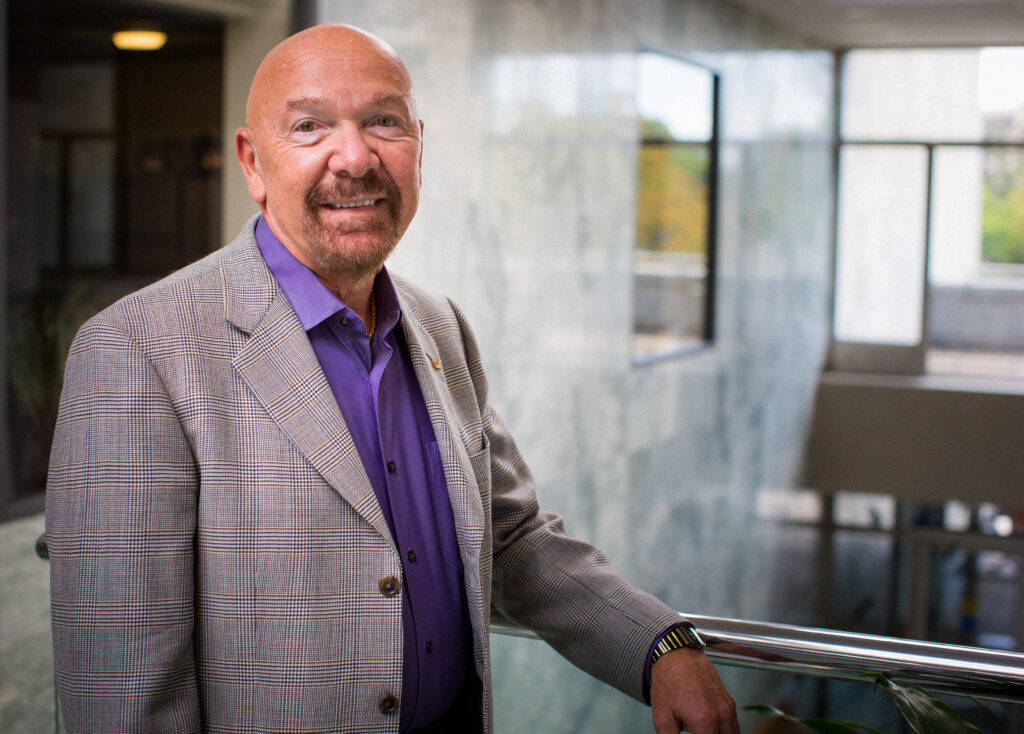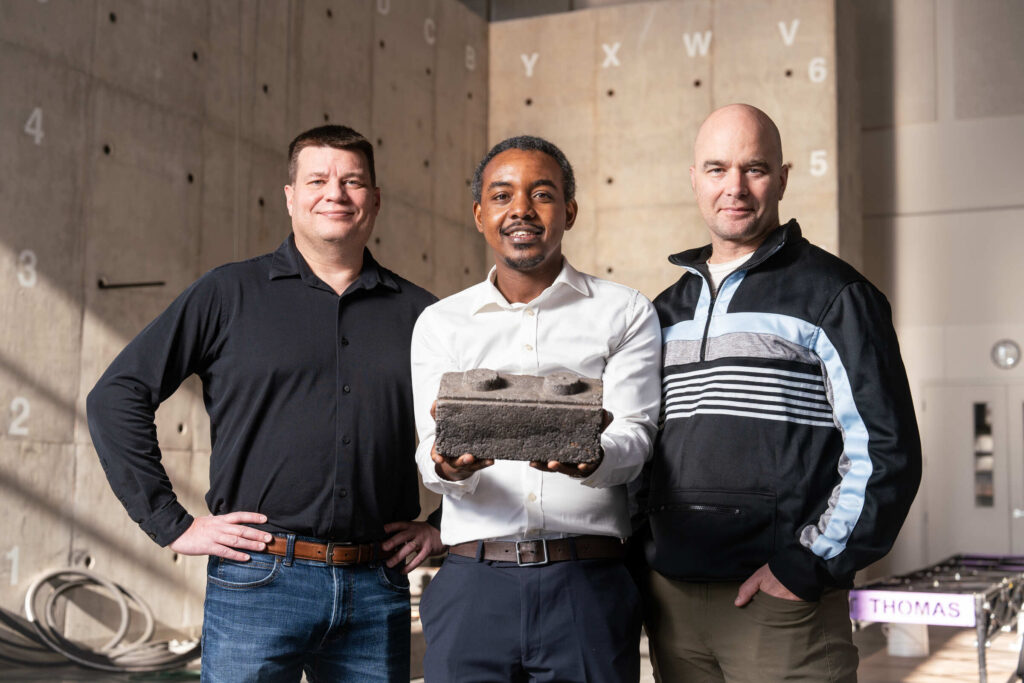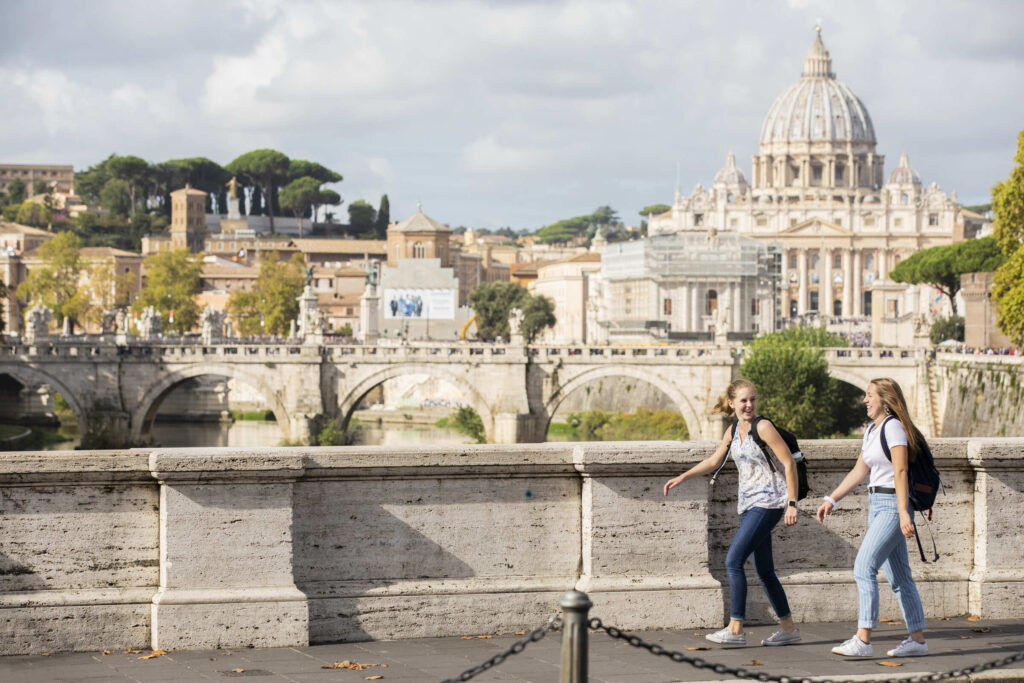The School of Law’s Religious Liberty Appellate Clinic has again filed an amicus curiae brief, on behalf of several religious liberty law scholars, in support of Apache Stronghold, a coalition of Apaches, other Native peoples and non-Native allies. Following a denial from the U.S. Court of Appeals for the 9th Circuit, Apache Stronghold has petitioned the U.S. Supreme Court to hear its case and stop the federal government’s transfer of its sacred land, Oak Flat, to the Resolution Copper Mining company.
The University of St. Thomas clinic, which is led by Professor Thomas Berg, argues in this and previous briefs filed in the 9th Circuit, that the government’s action will violate the religious rights of the Apache people. Further, it imposes a “substantial burden” on their religious exercise, by any ordinary meaning of that term, and therefore triggers the protections of the federal Religious Freedom Restoration Act (RFRA).
“The Apache petitioners have explained to the Supreme Court why this case is crucial to hear because it comes from the federal court of appeals with jurisdiction over the largest number of time-honored Native sacred sites,” Berg said. “Our brief supplements their petition.”
Oak Flat is part of the Tonto National Forest in southeastern Arizona. It has been used by the Apache and other tribes for centuries for worship, prayer and religious ceremonies. The government has protected the land for decades; however, in 2014 Congress approved the transfer of Oak Flat to Resolution Copper. The company says it plans to build a mine that is nearly two miles wide and 1,100 feet deep, essentially destroying the area.
Apache Stronghold has also received support from other groups, with a wide spectrum of religious and political affiliations, that are interested in protecting Native American religious rights and object to the lower courts’ interpretation of RFRA. Amicus briefs have been filed by legal organizations representing Catholics, Protestants, Muslims, Jews, Sikhs, and beyond.
“The justices have a very text-oriented jurisprudence,” Berg said. “Our clinic’s brief shows that the Apache’s claim falls within the text and purposes of this important and bipartisan law, the RFRA.”
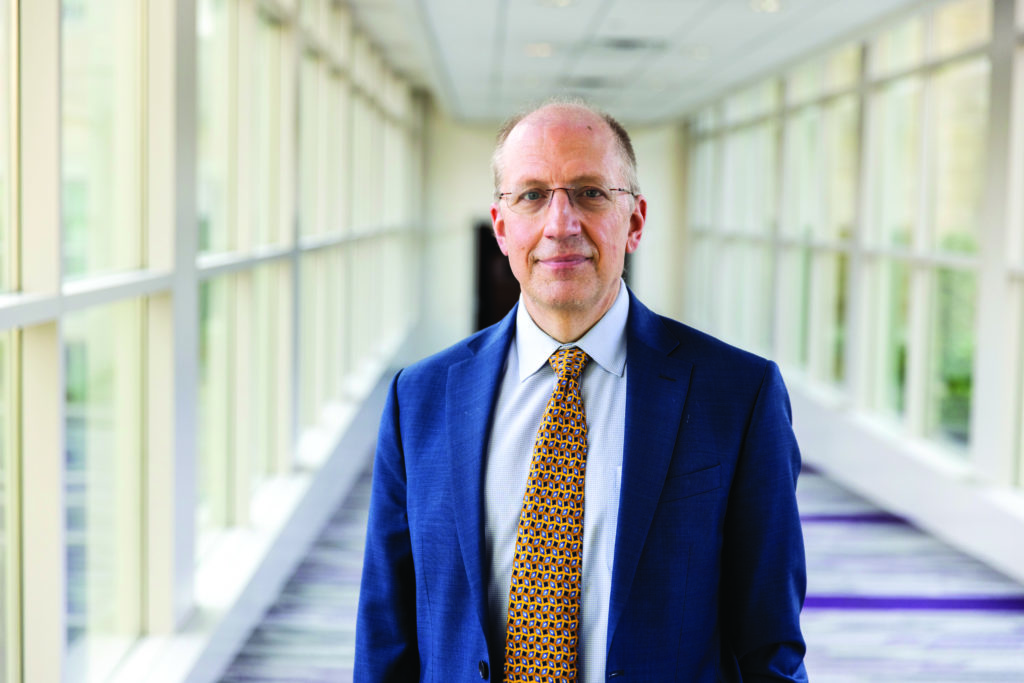
The scholars represented in the religious liberty clinic’s brief include Berg, Angela C. Carmella (Seton Hall University School of Law), Ronald J. Colombo (Hofstra University Maurice A. Deane School of Law), Richard W. Garnett (Notre Dame Law School), Michael J. Perry (Emory University School of Law) and Asma T. Uddin (Catholic University of America Columbus School of Law). Thomas Wheeler, an attorney with Fredrikson & Byron and a 2019 St. Thomas Law graduate, is co-counsel on the brief and second-year law student Abby Siebernaler assisted with editing.
